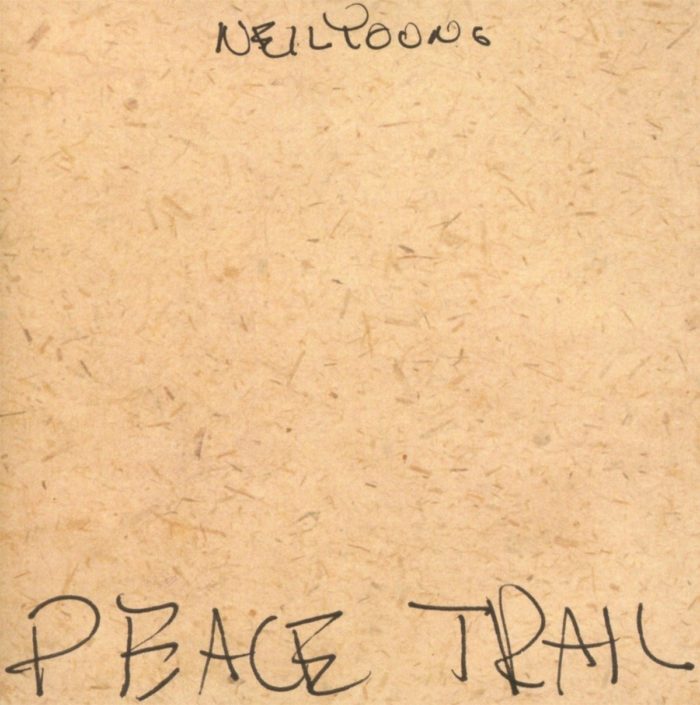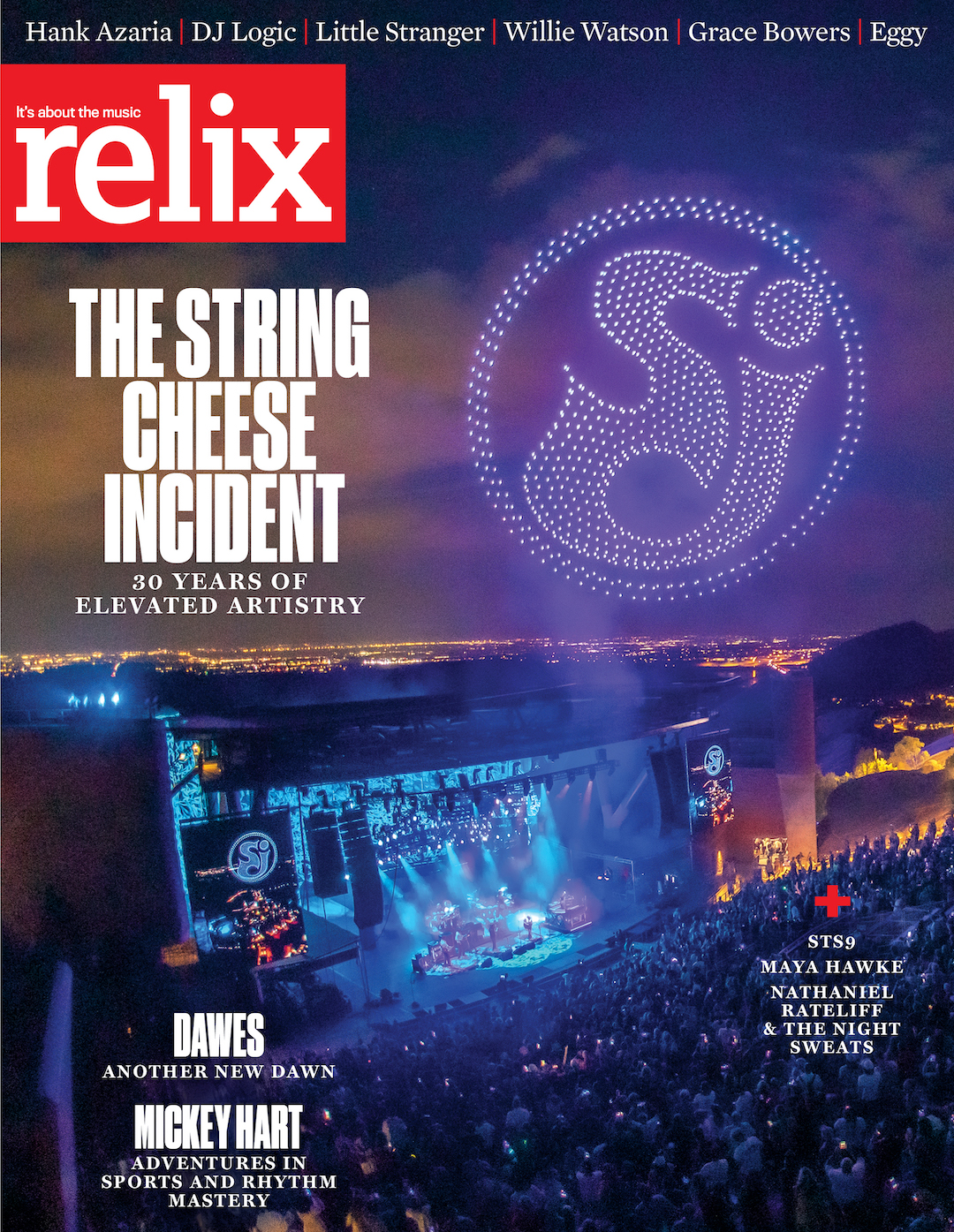Neil Young: Peace Trail
If you’re keeping count, then this is Neil Young’s 38th studio album, and he sounds every bit as engaged—both in his craft and in current events—as he did when he wrote “Ohio” back in 1970. With that in mind, it’s too reductive to label Peace Trail as another notch in Young’s prolific protest oeuvre. While he eloquently flaunts his anger in the face of unchecked police aggression, mob mentality and environmental destruction (the pre-release track “Indian Givers,” which focuses on the Sioux standoff against theDakota access pipeline, would do Pete Seeger proud), he’s still no less a romantic when it comes to asserting his faith in humanity and his own place in it.
Whatever the stakes, Young’s fiery passion—some might even call it his irascibility—fuels the music, as always. It’s front-and center-in the opening title cut, which kicks off with Young taking what might be his most moving turn on electric guitar since “Powderfinger,” and escalates with lines like “Don’t think I’ll cash it in yet…because something new is growin.’” His indelible voice, still as clear and supple as it’s been for more than 50 years, drives the sentiment home with conviction.
And then there’s the small band behind him. With rock legend Jim Keltner on drums and session ace Paul Bushnell on bass, Young has a go-to rhythm section that adjusts seamlessly to the mood of every song, whether it’s the soul-searching “Can’t Stop Workin’” (duly punctuated with Young’s teeth-grating, hyper-distorted harmonica solo), the intimate and bluesy “Show Me,” or the ironic admonition “Terrorist Suicide Hang-Gliders”—a spot-on indictment of Islamophobia and its diseased by-products. It’s also worth noting that Peace Trail was recorded at Rick Rubin’s Malibu-based Shangri La studio; Young and the band sound so laid-back and relaxed, it’s easy to imagine most of the album being comprised of first takes.
In the end, there’s an obvious reason that Young remains a key influence for so many up-and-coming songwriters. There was a time when the “Godfather of Grunge” label might have been sufficient to explain it, but it goes well beyond that now; put simply, he’s still making vital, timely and interesting music, with a finger-on-the-pulse quality that rivals Dylan (the Nobel Prize winner!) in its ability to capture the thoughts, feelings, concerns and triumphs of multiple generations. And if his rowdy set and glowing reception at the recent Desert Trip festival were any hint of what’s to come, he’s not even close to done yet.




















